QAD’s Enterprise Material Transfer, EDI and Third Party Logistics Provider Integration
Posted on: March 31, 2020 | By: Tim Lovely | QAD Business Process, QAD Distribution, QAD Financials, QAD Manufacturing
Logan Consulting published similar content several years ago in 2018, complimenting QAD’s EDI and EMT functionality. Since then, Logan Consulting continues to see increased use of QAD’s Enterprise Material Transfer (EMT) and EDI functionality to meet intercompany Direct Ship requirements between International Entities within an organization. This functionality has been especially important lately to medical device companies based on the United States working through sales offices in Europe and with European-based Third Party Logistics Providers (abbreviated 3PL, or sometimes TPL) to store the finished goods and process the physical shipment to the end customer.
An example of the steps in this process are below:
- European Entity takes Purchase Order from End Customer, creating a Sales Order in QAD.
- EMT automatically creates European EMT Purchase Order to be sourced from a US based entity operating out of a 3PL.
- EDI is used to automatically send an 850 Purchase Order to the US entity, which then is used to automatically creates a Sales Order in the US entity for the sale of goods to the European entity, with a Direct Shipment from the 3PL to the end customer.
- An XML Sales Order file is sent to the 3PL with the US Sales Order information.
- Once shipped, the 3PL sends an XML Shipment File back, which is interfaced to QAD as a Sales Order Shipper and automatically confirmed via the EMT process. This kicks off an automated EMT process which completes the following tasks:
- Sales Order Shipper Confirm – shipment processed from US entity to European Entity
- 856 ASN Sent – the Advanced Shipment Notice is sent via EDI to the European entity
- PO Shipper Created and Confirmed – a PO Shipper is created in the European entity and confirmed to create the AP liability to the US entity.
- Evaluated Receipts Settlement (ERS) creates Supplier Invoice – ERS can be used to automatically create the Supplier Invoice
- The PO Shipper Confirm automatically creates the EMT Sales Order Shipment, generating the Pending Invoice.
The client benefits of this process are to automate the intercompany ordering process using standard EMT functionality, while integrating with 3PL’s for shipment processing.
Other key considerations that should be confirmed in the design of the process above include the following:
- Tax Design – Tax requirements for all orders and countries involved need to be confirmed
- Data Management with 3PL – It is common that the US entity is used to represent the activity at the 3PL, meaning inventory needs to be kept in synch between the two organizations so it can be consolidated just like any other site/entity in QAD
- Master Data Management – 3PL’s often require additional master data in their ERP systems, which must interfaced or manually managed to make sure 3PL systems are up to date.
- Invoicing – Confirm who owns the invoicing process. This often can be done by the 3PL, which requires even more master data information to reside in the 3PL systems.
Logan Consulting has experience assisting its clients with business requirements, process design, and EMT/EDI and 3PL integration for the area above.
About Logan Consulting
Logan Consulting is a leading consulting firm with strengths in strategy, project management, business process design, ERP and CRM implementation, recruitment and training. Since 1992, our business process-based delivery techniques and tools have helped our clients build a solid business process and information technology foundation to support their business. Our clients count on us for objective, unbiased analysis, recommendations and project work. To learn more and hear what our customers are saying about us, please visit our website (www.logan-consulting.com).
Logan Consulting is headquartered in Chicago, IL with global services reach.
